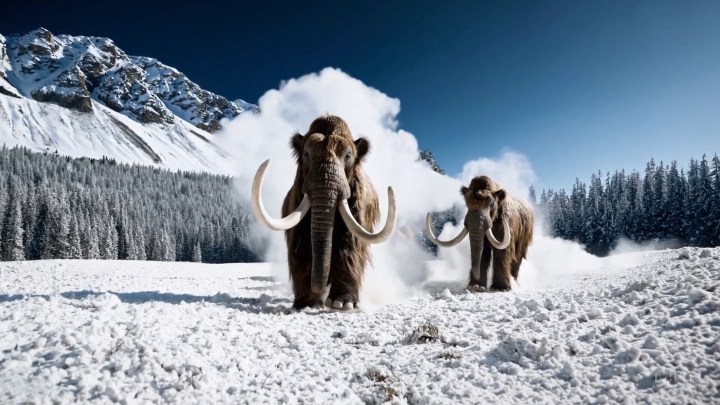
OpenAI’s unreleased Sora video generation model was leaked Tuesday by a group protesting the company’s “art washing” actions, per a post from X user @legit_rumors.
The group, calling themselves Sora PR Puppets, reportedly had gained early access to the Sora API. Through that, they leveraged authentication tokens to create a front-end interface enabling anyone to generate video clips with the model. While the project only remained online for around three hours before Hugging Face (or possibly OpenAI itself) revoked access, several users managed to publish their creations to social media sites.
“Hundreds of artists provide unpaid labor through bug testing, feedback and experimental work for the [early access] program for a $150B valued company,” Sora PR Puppets wrote in their manifesto. “This early access program appears to be less about creative expression and critique, and more about PR and advertisement.”
The group also accuses the company of screening videos generated during the early access program, demanding that it review and approve those clips prior to them being published. “We are releasing this tool to give everyone an opportunity to experiment with what ~300 artists were offered: a free and unlimited access to this tool,” the group wrote.
“We are not against the use of AI technology as a tool for the arts (if we were, we probably wouldn’t have been invited to this program),” the group wrote. “What we don’t agree with is how this artist program has been rolled out and how the tool is shaping up ahead of a possible public release. We are sharing this to the world in the hopes that OpenAI becomes more open, more artist friendly and supports the arts beyond PR stunts.”
Users who were quick enough to access the interface before it was taken down were able to generate 10-second video clips in resolutions up to 1080p using what appears to be an optimized “turbo” version of what OpenAI first showed off in February.
According to reports from The Information, that earlier iteration operated on a glacial timescale, requiring 10 minutes of real-world processing time to generate a minute-long video clip and continually struggled to maintain a consistent aesthetic style throughout each video.
OpenAI, despite its early advantages in video generation technology, is quickly falling behind its competition in the space, with rivals like Meta’s Movie Gen and Kuaishou Technology’s Kling not only matching Sora’s output quality but also reaching market while it languishes in development.
OpenAI’s chief product officer Kevin Weil said in a recent Reddit AMA that Sora’s release is being delayed by the “need to perfect the model, get safety/impersonation/other things right, and scale compute.”